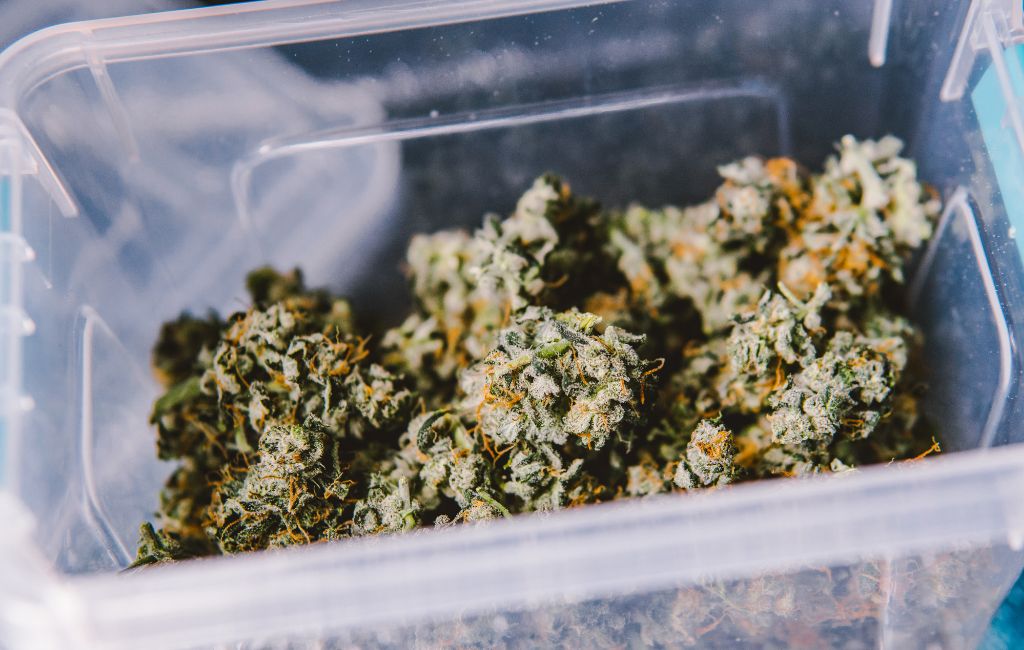Is THCa Flower Legal? Everything You Need to Know
The world of cannabis is evolving rapidly, with new products and compounds emerging regularly. One such compound that has garnered attention is THCa, or tetrahydrocannabinolic acid. As interest in THCa grows, questions about its legality have become more prevalent. This article explores about is THCa flower legal?, providing insights into its uses, benefits, and the regulatory landscape surrounding it.
Understanding THCa
THCa is a non-psychoactive cannabinoid found in raw and live cannabis plants. Unlike THC, which is known for its psychoactive effects, THCa does not produce a “high” when consumed in its natural form. This compound is the precursor to THC and converts to THC through a process called decarboxylation, which occurs when cannabis is heated.
Potential Benefits of THCa
Research into THCa is still in its early stages, but preliminary studies suggest several potential benefits:
- Anti-inflammatory properties
- Neuroprotective effects
- Anti-emetic (anti-nausea) capabilities
- Potential for pain relief
These potential benefits have sparked interest among medical cannabis users and researchers alike, leading to increased demand for THCa-rich products.
The Legal Landscape of THCa Flower
The legality of THCa flower is a complex issue, influenced by various factors including federal and state laws. Understanding these regulations is crucial for consumers and businesses involved in the cannabis industry.
Federal Regulations
Under the Controlled Substances Act, cannabis and its derivatives are classified as Schedule I substances, making them illegal at the federal level. However, the 2018 Farm Bill legalized hemp, defined as cannabis with less than 0.3% THC by dry weight. This has led to some confusion regarding the legality of THCa, as it is not explicitly mentioned in federal law.
State Laws
State laws regarding cannabis vary widely. Some states have legalized cannabis for medical and/or recreational use, while others maintain strict prohibitions. In states where cannabis is legal, THCa flower may be available for purchase, but regulations can differ significantly. For example:
- California: Allows the sale of THCa products in licensed dispensaries.
- Colorado: Permits THCa flower under its recreational cannabis laws.
- Texas: Prohibits most forms of cannabis, including THCa flower.
Consumers should familiarize themselves with the specific laws in their state to avoid legal issues.
Case Studies and Examples
Several case studies highlight the varying legal interpretations of THCa flower:
California’s Approach
In California, where cannabis is legal for both medical and recreational use, THCa products are widely available. Dispensaries offer a range of THCa-rich flowers and concentrates, catering to consumers seeking non-psychoactive options. The state’s regulatory framework provides clear guidelines for the production and sale of these products.
Legal Challenges in Prohibition States
In states where cannabis remains illegal, the sale and possession of THCa flower can lead to legal complications. For instance, a case in Idaho involved the arrest of an individual for possessing THCa flower, which was mistaken for THC-rich cannabis. This highlights the challenges faced by consumers and law enforcement in distinguishing between different cannabis products.
Consumer Considerations
For those interested in trying THCa flower, several factors should be taken into account:
- Research local laws to ensure compliance with state regulations.
- Purchase from reputable sources to guarantee product quality and safety.
- Consult with healthcare professionals if using THCa for medical purposes.
Understanding these aspects can help consumers make informed decisions about incorporating THCa into their wellness routines.
Conclusion
The legal status of THCa flower is a nuanced topic, shaped by a patchwork of federal and state regulations. While some states embrace THCa as part of their cannabis markets, others maintain strict prohibitions. As research into THCa continues, its potential benefits may lead to broader acceptance and clearer legal frameworks. For now, consumers and businesses must navigate the existing regulations carefully to avoid legal pitfalls.
